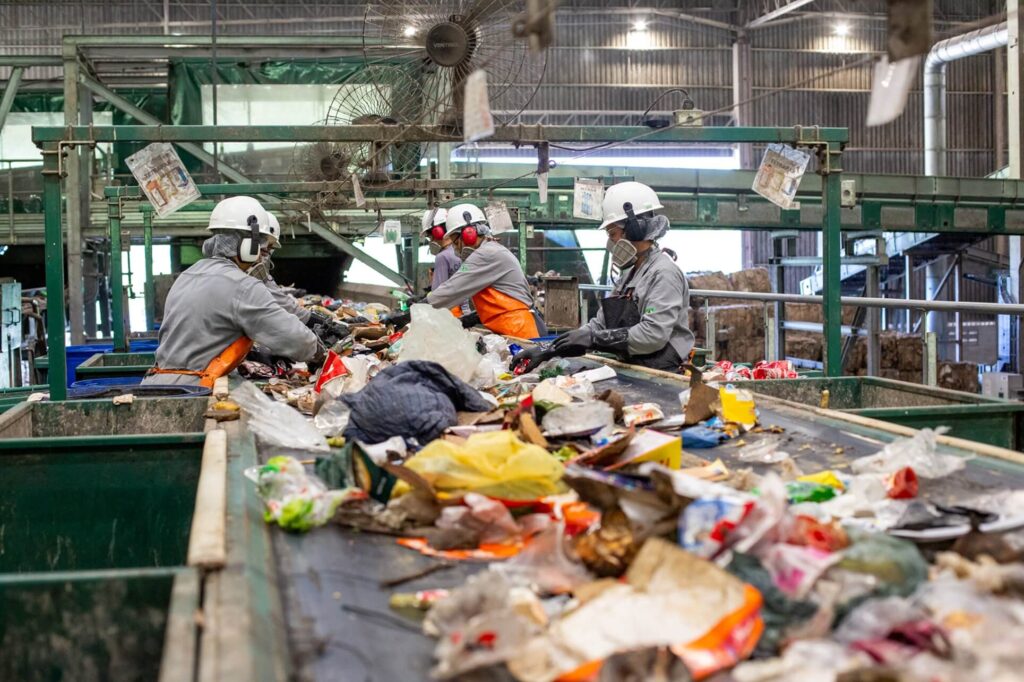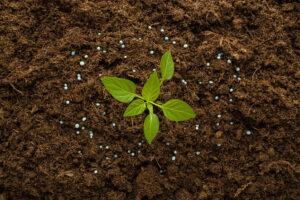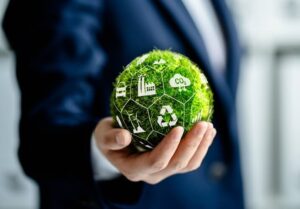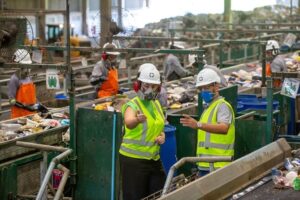
Companies are key players in the process of more conscious consumption, developing technologies and positive solutions for the environment and society. Applying circular economy in Brazil could be one of the solutions for the country to stand out in sustainable innovation.
Circular Economy in Brazil: An Overview
Brazil is already recognized for its innovation capacity, as well as its grandeur, diversity, and biodiversity, which allow the development of a production chain almost entirely within the country.
From the perspective of the circular economy, this means developing biotechnologies, regenerative techniques, and still having space and tools to treat products and return them to the productive cycle.
However, opportunities can turn into challenges when considering the logistical complexity of a country with continental dimensions.
When we talk about circular economy in Brazil, the topic is closely linked to waste management. After all, in 2021, the country ranked fourth among those who produce the most waste in the world, a situation that reveals the ambiguity between opportunities and challenges.
According to the Panorama of Solid Waste in Brazil 2023, developed by ABREMA, 77 million tons of solid waste were produced in Brazil just this year. Of that total, 38.9% were disposed of in environmentally inappropriate ways, sent to open-air landfills.
When we look at recycling, the numbers are even more concerning, with less than 4% of these waste materials being sent for recycling. In this case, the challenge is to develop the necessary collection systems and technologies for the proper disposal and treatment of waste.
On the other hand, the opportunity lies in the existence of solutions that can be replicated across the country, such as Orizon’s Eco-parks, showing potential to bring circularity to the sector.
Challenges
One of the main challenges for implementing circular economy in Brazil is the lack of knowledge on the subject. In a survey conducted by CNI with 1,261 companies, only 30% of respondents knew what circular economy is.
When asked if the raw materials used in the production process are maximized, with no waste, 53.5% agreed, and 22.4% totally agreed, which shows that even without knowledge of the topic, Brazilian industries are already applying some of the concepts of circularity.
This scenario indicates that once the knowledge barrier is overcome, more effective solutions could be developed.
Moreover, according to CNI, in the study Circular Economy | Opportunities and Challenges for Brazilian Industry, infrastructure limitations and lack of incentives are other challenges for the use of secondary resources in multiple cycles.
Opportunities
The opportunities of the circular economy aim at better resource utilization, cost reduction, value generation, and competitive advantage by meeting the demands of a market that seeks sustainable alternatives and compliance with Brazilian legal regulations.
Legislations can be strong drivers of circular practices. Among those connected with the principles of circular economy, we have examples such as:
- The National Solid Waste Policy, Law No. 12.305, which regulates aspects such as reverse logistics, elimination and recovery of dumps and controlled landfills; reduction, reuse, recycling targets, among others.
- Decree No. 11.044, which establishes the Recycling Credit Certificate (Recicla+), enabling the recycling of products and packaging.
- The Circular Economy Route (REC), which creates sustainable alternatives for the management and productive disposal of waste.
Environmentally adequate waste management and strengthening the circular economy, which includes recycling, composting, and other activities, are crucial for promoting the return of raw materials to the consumption chain, as well as contributing to the correct treatment of gases and liquids produced during waste decomposition, transforming them into new inputs, such as biogas.
However, this is not the only sector with growth potential in the country; other areas can be highlighted, such as:
- Bioeconomy, which develops products and consumption patterns in balance with the environment and communities. For instance, Deveras Amazônia uses innovative ingredients to bring Amazonian flavors to consumers, such as the victory lily pickle.
- Creation of biodegradable materials, joining forces with bioeconomy. Oka Bioembalagens is an excellent example of completely natural, biodegradable, and even edible packaging.
- Regenerative cultivation methods that can be reproduced on a large scale.
- Advancement of environmental services, such as carbon credits. Orizon is an example of carbon credit production through waste.
- Development of renewable energy. Besides biogas examples like those at Orizon, we can highlight innovation within the solar energy sector.
To learn more about actions within the circular economy in Brazil, particularly in the area of waste management, follow Orizon’s blog.



